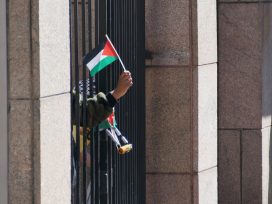
Assaults on academic freedoms in the US mirror those happening in Turkey for the past decade. Erdoğan’s silence about clampdowns on pro-Palestinian speech at US universities, even when Turkish scholars are directly affected, is particularly telling.

Assaults on academic freedoms in the US mirror those happening in Turkey for the past decade. Erdoğan’s silence about clampdowns on pro-Palestinian speech at US universities, even when Turkish scholars are directly affected, is particularly telling.

The Courts have acquiesced, the populace is compliant and the Democratic Party is splintered. Without any way to make their opposition felt, Trump’s opponents’ only hope is that the economy will cause MAGA voters to rethink.
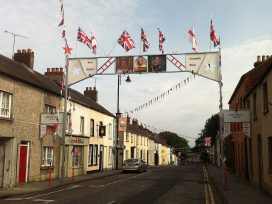
Internal colonialism continues to characterize relations between England and the rest of the United Kingdom. Nowhere is this more evident than in the British Government’s treatment of Northern Ireland, where lesions caused by lingering political indeterminacy have been further exposed by Brexit.

While secularism brings significant advantages, it can be pushed to harmful extremes and in some cases used to disguise racism. But religion, too, is not exempt from that.
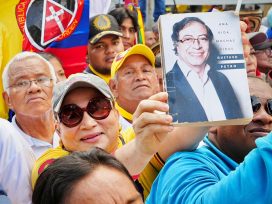
Elected in 2022 on a wave of popular hope, Colombia’s leftwing leader Gustavo Petro has failed to negotiate peace with the country’s armed groups and embarked on a ruinous tariff war with Donald Trump. A portrait of the president hampered by his own revolutionary nostalgia.
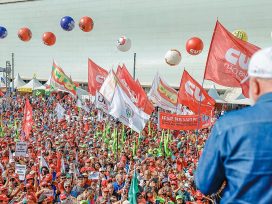
While Lula has managed to stabilize the Brazilian economy and restore some key social programs, these gains remain fragile under the weight of fiscal conservatism, an uncooperative legislature, and a political environment saturated by disinformation. Were the right not in disarray, his position would be much weaker.
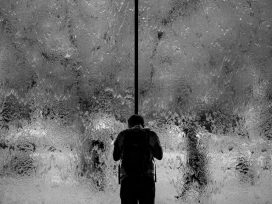
Loneliness is a growing health crisis, and gender norms make men more vulnerable to digitized isolation. An ever-more frictionless online experience erodes young people’s capacity to tolerate frustration and establish lasting ties.
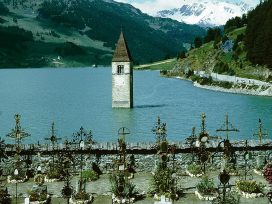
Engineered flooding displaces communities, eradicating the landmarks of family histories. When little remains, narratives about who controls water provide telling pointers – feature films raise complex questions about industrialization, linguistic minorities, and matriarchy versus youthful masculinity.
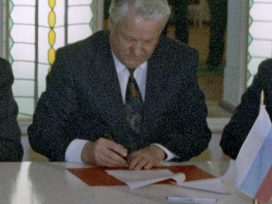
Since the Belavezha Accords were signed in 1991, revanchist politicians and cultural commentators in Russia have lamented the former Soviet Union’s disintegration. Revisiting provocative statements and legislative scheming from the 1990s shows how incremental manoeuvres paved the way for Putin’s colonialist drive disguised as integration.
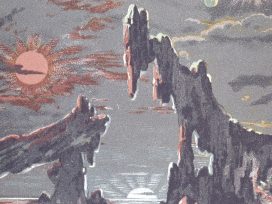
Forget aliens. Astrobiologists, in search of life on other planets, need first establish what constitutes life on Earth. Should definitions stretch to ‘degrees of life’ – the ‘more’ and ‘less’ alive – like decomposition and viruses? And how many ‘Earth twins’ would it take before enough evolutionary beginnings might reveal life’s mysteries?
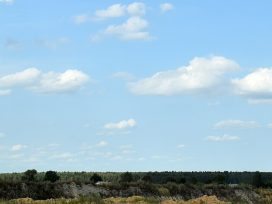
A constrained mother tongue is resilient in recalled memory. Those who no longer speak Belarusian tenderly piece together often painful cultural threads, processing trauma to keep their ‘mova’ alive.
[Welsh version added]
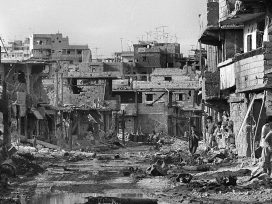
The outbreak of the Lebanese civil war fifty years ago inaugurated an era of nation-state collapse in the Arab world. In failing to mediate, the international community carries responsibility for the sense of impotence felt in societies in which violence dominated everything.
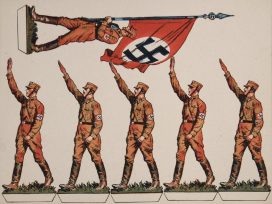
The nexus of radical inequality, social atomization and male victimhood has been exploited before. But why now, on such a scale? To understand the appeal of the far right today we need to examine the origins of the fascist myth of primordial male kinship.
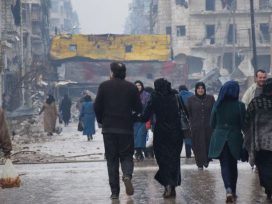
‘The Syrian tragedy cannot be summed up simply as the murder of hundreds of thousands of human beings; it also involved the denial of any meaning to the extreme suffering of the Syrian people.’
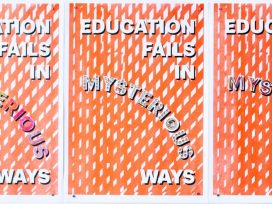
Cultural humanitarian aid risks diminishing the complexity of creative work to ethnic kitsch: well-meaning initiatives rate nationality over content. And when the work does receive critical attention, only art that portrays trauma cuts it. Soon thereafter, Western interest fades. Could answers for meaningfully decolonizing Ukraine lie with other formerly colonized communities?

Polish writers are taking publishers to court over bestseller profits. In a book market hindered by dwindling readership and distribution cartels, the writer’s position is the most precarious. If the state supports farmers, priests and entrepreneurs, why not writers? Could reading, the cultural salve in Ukraine, be equally beneficial in Poland?